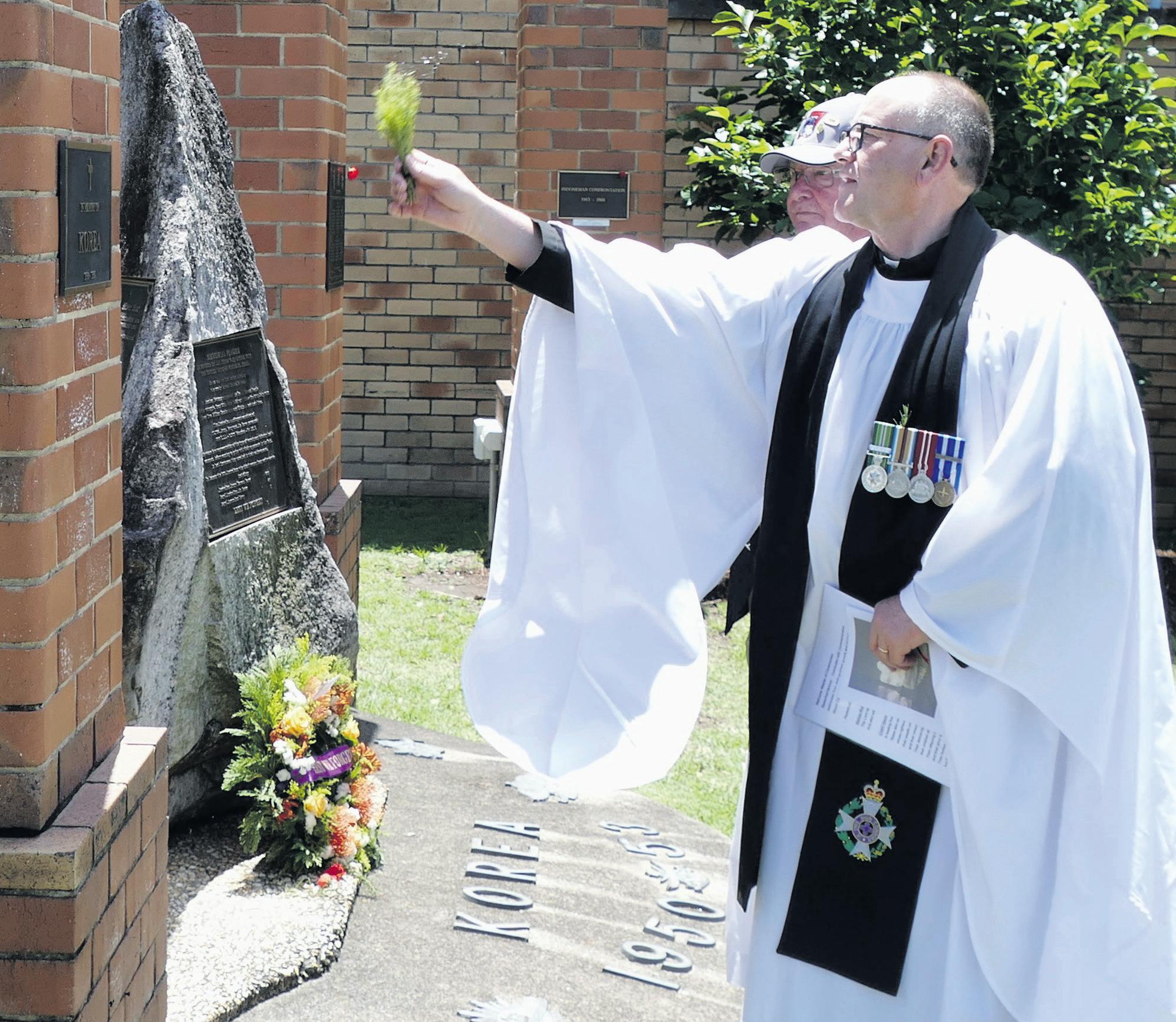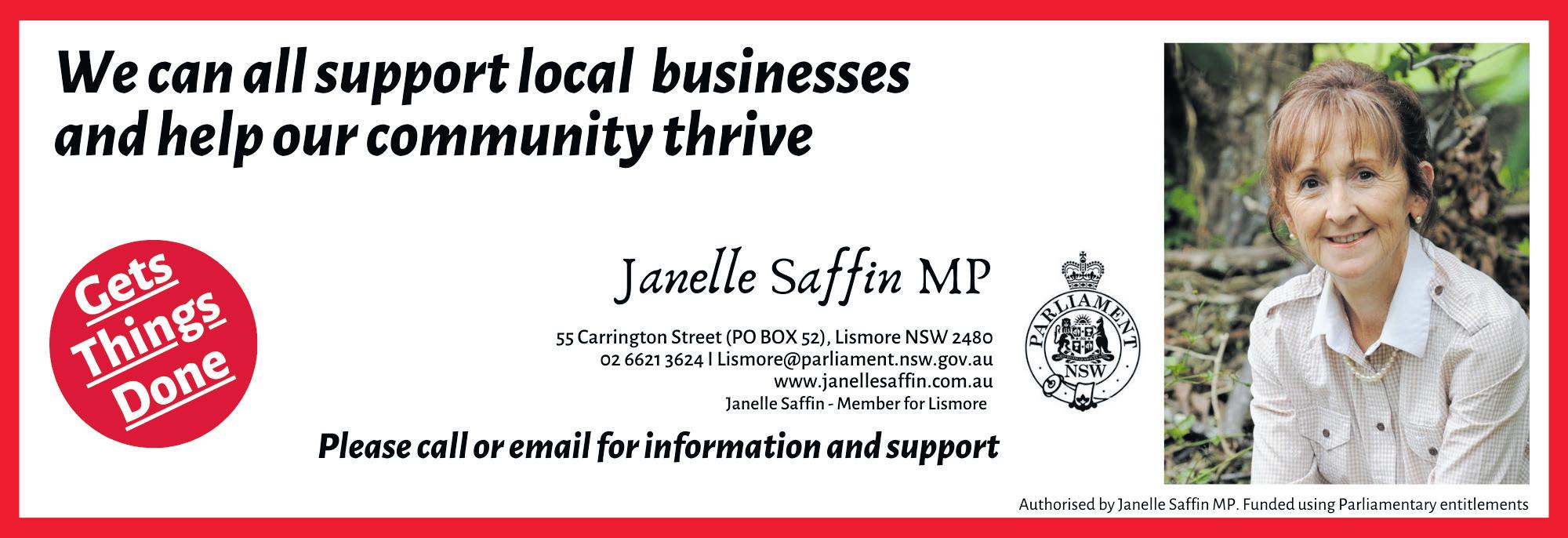
2 minute read
Ceremony vital to renew
significance for the community,” he said.
“You could see by the people that turned up here today it means a lot to them.
“Re-dedicating the cenotaph renews that spirit and builds up the significance for the young people.
“We have to keep young people involved so they can renew those ideals Into the future.”
Mr Benfield said much of the credit for the planning of the re-dedication service should go to Clarence River Historical Society president Steve Tranter.
Mr Tranter said the society kept a record of anniversaries in the Clarence as they occurred and looked for ones of major significance.
“There were two that stood out this years,” he said. “The anniversary of the dedication of Grafton Cenotaph and the 80 anniversary of the Scouts who drowned in the Clarence River.
“I had discussions with the Mayor at the time, Ian Tiley, and we began to plan for this event and a service for the Scouts memorial in December.”

There were speeches from the dignitaries attending: Member for Clarence Richie Williamson, Member for Page Kevin Hogan, Clarence Valley Mayor Peter Johnstone, the CO 41st Battalion Lieutenant Colonel Daniel Healy, the grandson of Sir Earle Page, David Page and caption of Clarence Valley Anglican School Geoge Ryan.
A speech from Dr Honor Auchinleck, a descendant of General Sir Henry (Harry) Chauvel, who lived at Tabulam, was also read to the attendees.
In Cr Johnstone’s welcoming address he reminded his audience that councils 100 years ago moved no faster than today, pointing out that Mayor McFarlane first mooted the idea of a cenotaph in 1917, but little progress was made for five years.
Cr Johnstone also recalled former Mayor Shirley Adams, working with Grafton RSL subbranch president Brian Bultitude, had been instrumental in building the Remembrance Walk in the park.
Mr Williamson said the service such as this reminded him that every day he “cashed a cheque written by people who went before me.”
“When the Anzacs hit the beach at Gallipoli it set the moral compass of our nation,” he said.
“It’s up to us now to keep our moral compass pointing in the right direction.”
Mr Hogan took people’s minds back to the scene on November 11, 1923 when the mothers of the 35 soldiers who gave their lives and whose names were etched onto the cenotaph dedicated the original monument.
He said there would have been tremendous grief among the people there because those men were sons, brothers, fathers, uncles and friends to most of the people there.
“But there would also have been sense of pride in what those young men had achieved with their sacrifice,” he said.
Mr Hogan said the primary reason for re-dedicating this monument was to ensure those memories were never lost.
Col Healy’s address recalled the life and career of Major Genera Arthur Samuel “Tubby” Allen, whose service to the army during both World Wars was legendary.
Mr Page paid tribute to his grand father, who volunteered as an army surgeon and served in England and in battlefield hospitals on the Western Front.
(CONTINUES
TO PAGE 5)









